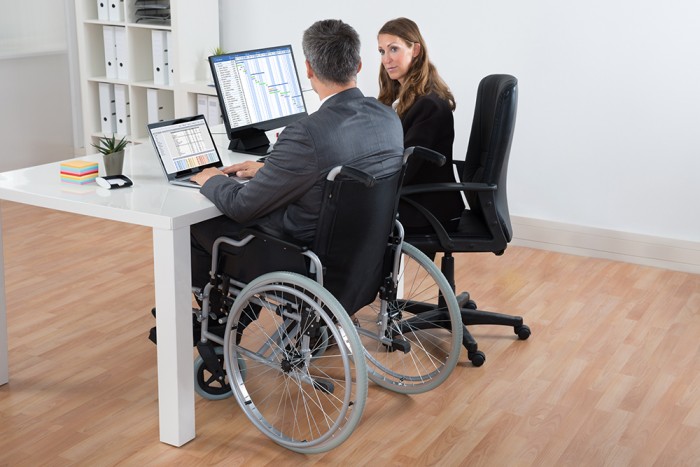New DDAP Training Management System to Launch in January; Current System to Go Offline in December
The Pennsylvania Department of Drug and Alcohol Programs (DDAP) will launch a new Training Management System (TMS) in January 2024. To facilitate the transition, the current TMS and DDAP courses in TrainPA will be frozen at 3:00 pm Thursday, December 7, until the system’s launch on January 4, 2024. DDAP emphasizes the importance of verifying matching email addresses in both systems to mitigate potential record loss during the migration process. Users are strongly encouraged to conclude any ongoing TrainPA trainings and finalize pending course evaluations within the current TMS before the freeze period. For further assistance, users may contact the DDAP Training Section via email.


















